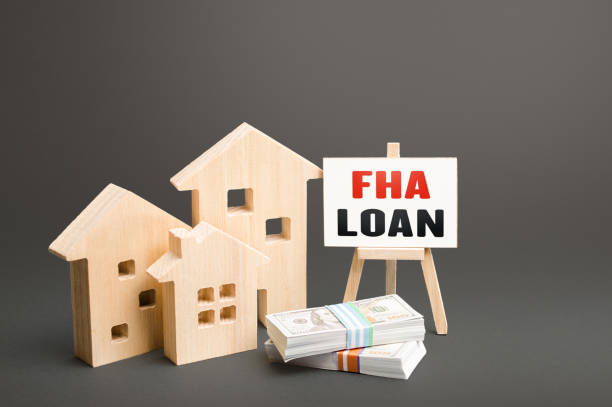Comparing FHA and Conventional Loans for New Homebuyers
For those purchasing their first home, choosing between FHA and conventional loans can seem daunting. Our guide breaks down the specifics of each option to assist in your decision-making.
Examining Property Conditions: FHA vs Conventional

Properties financed with FHA loans must adhere to rigorous safety and habitability standards, including resolving any issues with deteriorating paint, ensuring operational kitchens and bathrooms, and repairing broken windows or water damage. Conversely, properties under conventional loans, while subject to less stringent criteria, may still require repair for significant issues identified during appraisal, like roof damage or mechanical system faults.
FHA and Conventional Loan Rules for Non-Occupant Co-Borrowers
For FHA loans, non-occupant co-borrowers are typically expected to be family members and the loans have a maximum LTV limit of 96.5%. On the other hand, conventional loans provide slightly more leniency but typically cap the LTV at 95% for co-borrowers.
Comparing Down Payment and Gift Fund Options

FHA loans mandate a minimum down payment of 3.5%, sourced from the borrower or an assistance program. In contrast, conventional loans offer the option for the entire down payment to be gifted, providing greater flexibility for those buying their first home.
Analyzing DTI and Housing Expense Ratios for Both Loan Types
FHA loans are known for allowing higher DTI ratios, in some cases up to 57%, in contrast to conventional loans, which usually have a cap at 49%. This aspect is vital for borrowers juggling income and debt commitments.
Cost Analysis of FHA versus Conventional Mortgages
FHA loans entail a 1.75% upfront mortgage insurance fee and continued insurance for loans with under 10% down payment. In contrast, conventional loans eliminate mortgage insurance automatically once the LTV ratio drops to 79%, without requiring an upfront fee.
Interest Rates and Credit Score Comparison
FHA loans, often featuring lower interest rates, are more accommodating for borrowers with lower credit scores, making them an attractive option for first-time buyers, especially those in high LTV scenarios.
Understanding the Variations in Loan Limits
The limits for FHA loans are set as a percentage of the conventional loan limits, which can influence the maximum loan amount. For example, if the limit for a conventional loan is $766,550, the FHA limit would be approximately $498,257.
Embark on your mortgage journey with our application process.
Assess the value of your home with our Home Value Estimator.
For payment calculations, check out our Mortgage Calculator.
Contact Christopher Gibson for detailed advice:
- Phone: 720-449-6622
- Email: C@ChrisRayGibson.com
- NMLS#: 1910430
Consider reverse mortgages for additional options.
Explore homes with Realty of Colorado, finding your perfect match.






